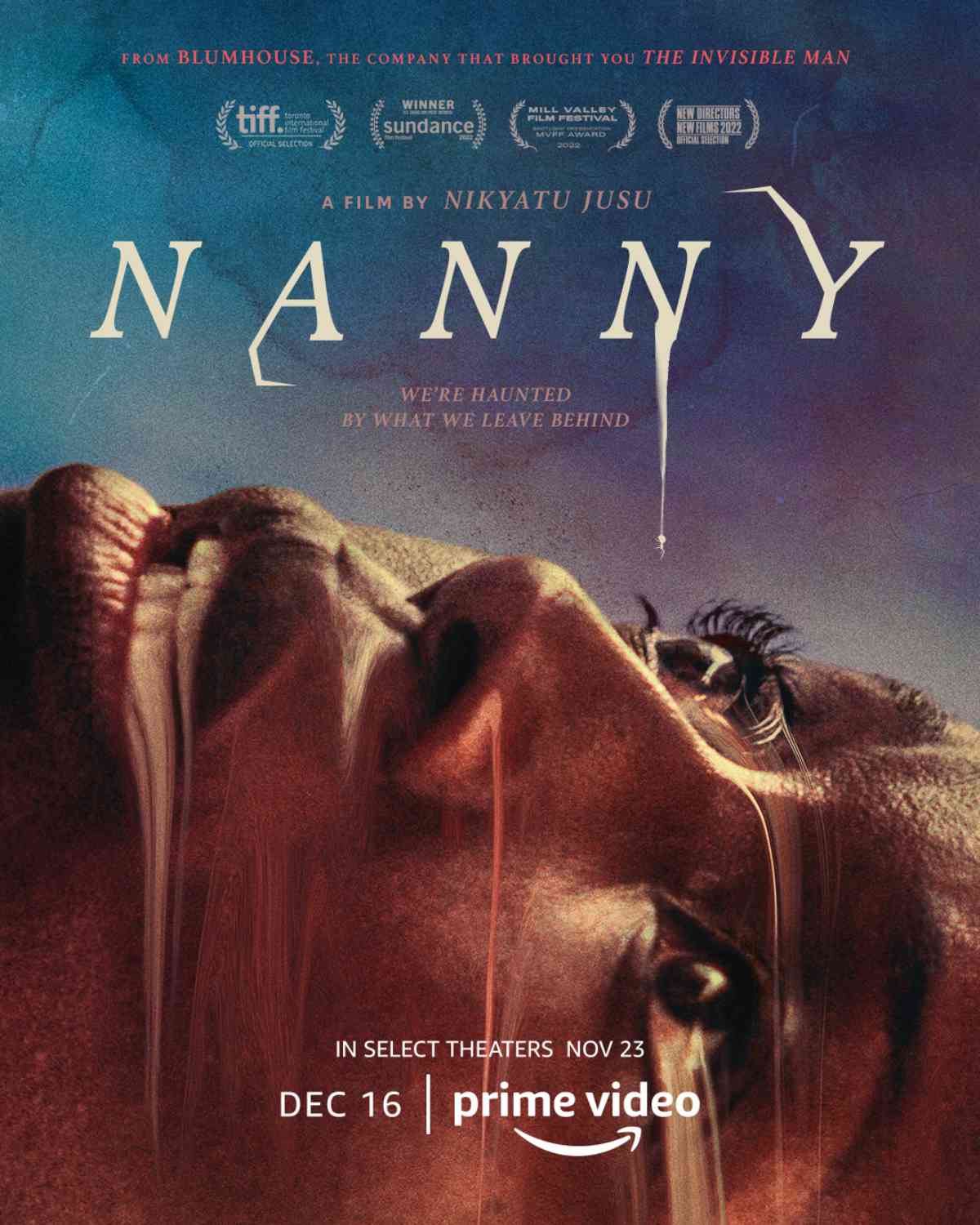Nanny Director and Cast on the Horror Film (Exclusive)
Vital Thrills got a chance to talk to writer/director Nikyatu Jusu (Two Sentence Horror Stories) and stars Anna Diop (Titans), Michelle Monaghan (Mission: Impossible franchise) and Sinqua Walls (Teen Wolf) about their work on the new psychological horror film Nanny.
An unnerving study of the disparity between a Senegalese domestic worker and the privileged white family she nannies for, the film pushes buttons and consistently defies expectations while keeping you on the edge of your seat.
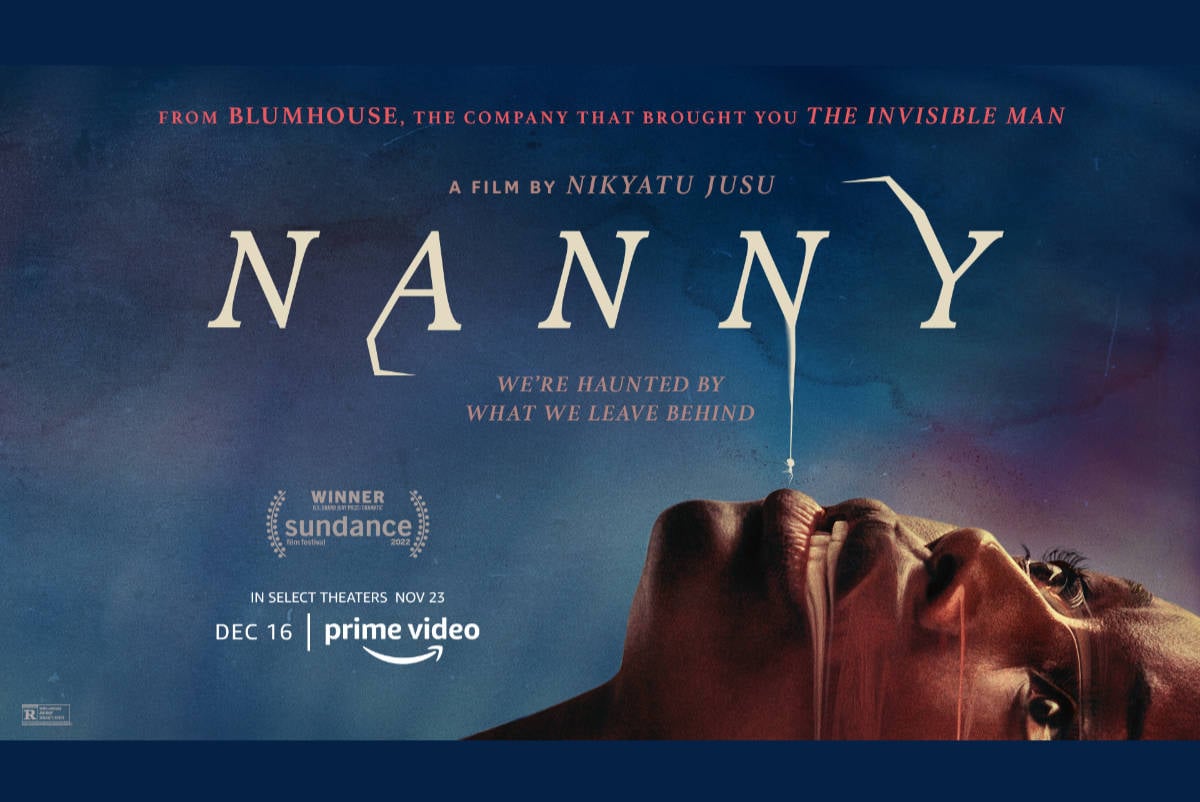
Here is the official Nanny synopsis from Amazon Studios: “In this psychological horror fable of displacement, Aisha (Anna Diop), a woman who recently emigrated from Senegal, is hired to care for the daughter of an affluent couple (Michelle Monaghan and Morgan Spector) living in New York City.
“Haunted by the absence of the young son she left behind, Aisha hopes her new job will afford her the chance to bring him to the U.S., but becomes increasingly unsettled by the family’s volatile home life.
“As his arrival approaches, a violent presence begins to invade both her dreams and her reality, threatening the American dream she is painstakingly piecing together.”
With the film dropping in select theaters on Wednesday, November 23, 2022 and on Prime Video globally on December 16, here is our conversation with the writer/director and cast of Nanny.
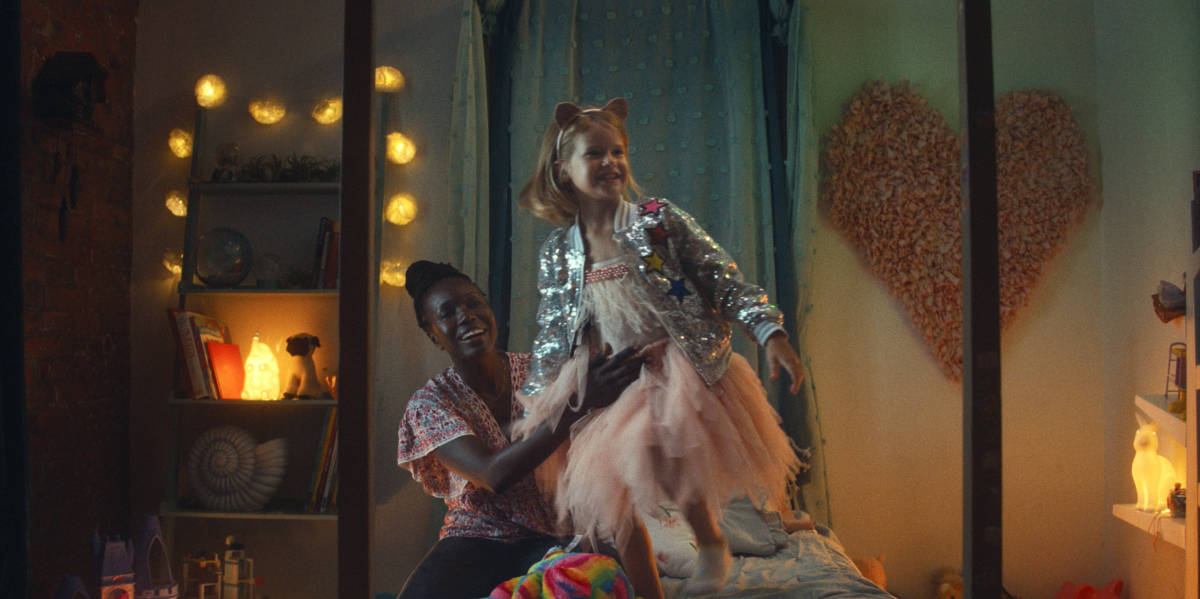
Nikyatu, can you talk about some of the cinematic touchstones for you, not only for this story specifically but also working within the horror genre… albeit very subtly?
Nikyatu Jusu: The type of horror that I gravitate to is considered, quote unquote “elevated horror,” so it’s always a slow burn, sometimes straddling thriller. I would say I love psychological thriller/psychological horror. Darren Aronofsky is a major influence. Black Swan actually is a comp for this film.
Park Chan-wook and Bong Joon-ho, they do social commentary in a genre cross-blended piece really well, and they don’t have to be married to one genre within their work. I also love Michael Haneke and Claire Denis. Lynn Ramsay, the way that she uses soundscape is just so brilliant. It’s a character in itself.
The references are vast, but I think all of these filmmakers have an auteur style that really speaks to the type of film that they make. Ousmane Sembène, the Senegalese filmmaker. Djibril Mambéty, who’s also Senegalese. It’s a vast range, but I think what they all share is that they have an innovative way of approaching their execution.
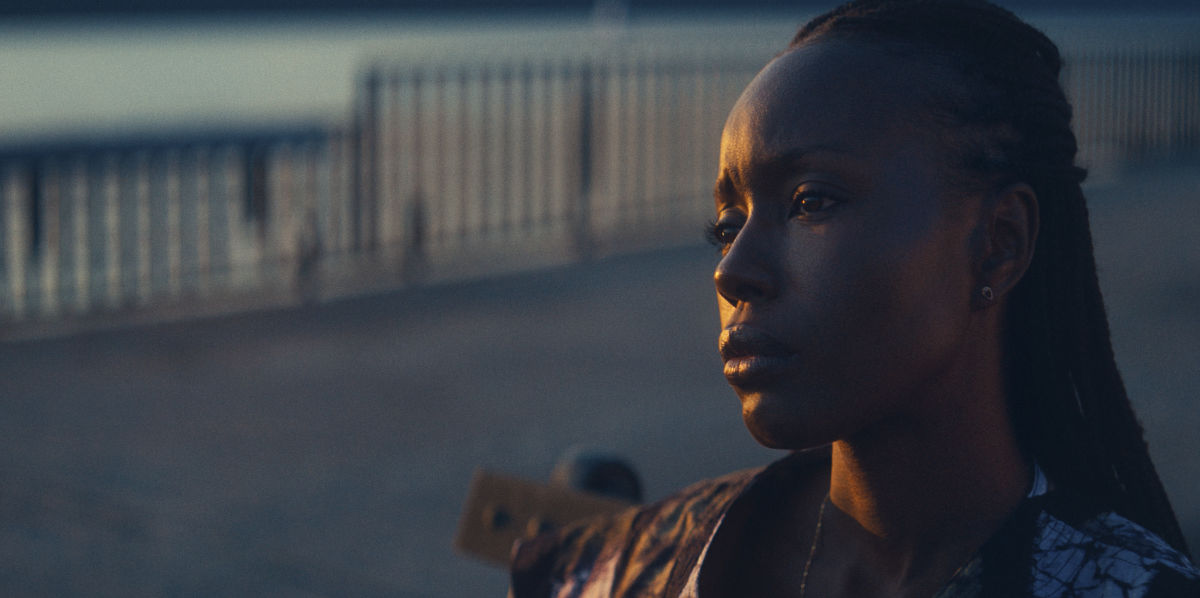
The way reality flickers for the main character is very much like “Black Swan” or something like “Repulsion.” There were also a lot of parallels between this and the real-life tragedy of the Yoselyn Ortega nanny murders, although it never quite goes there. It does shine a light on how much pressure these nannies are under and how your lead character could go a little haywire.
Nikyatu Jusu: That was the woman who slit the children’s throats in the bathtub. I mean, it’s one of the worst tragedies a parent could experience. I have a lot of compassion for that case… I have a lot of compassion for that case.
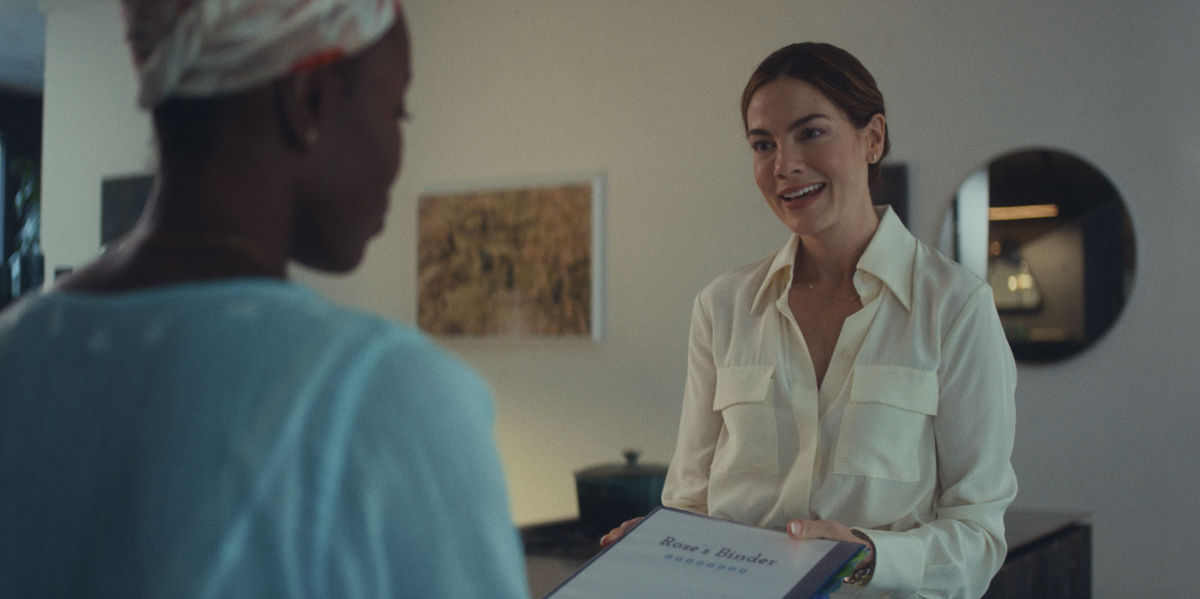
For the for the cast: This is a super slow burn story that frequently subverts a lot of the genre expectations with a very raw, grounded reality. How did you three actors first react when reading through the material?
Michelle Monaghan: I think what Nikyatu does really astutely in the film is explore tension, externally as well as internally. As I was reading it, it was really apparent to me that what lives within all the characters — sometimes who we are on the inside — is scarier, and also what we do with that and how we carry that forward, how we pass it on.
For me, that was really compelling and really confronting because it is genre bending, and it is sort of a psychological horror, but it’s really an internal drama. What you see for Amy is a woman who’s putting her best foot forward but it’s just all a facade, and she’s really a desperate woman riddled with judgment and bias behavior, racist behavior.
I think that’s the subtext. As Nikyatu aptly said, it’s a slow burn, you’re invested in going on this ride with each of these characters, and it’s intense.
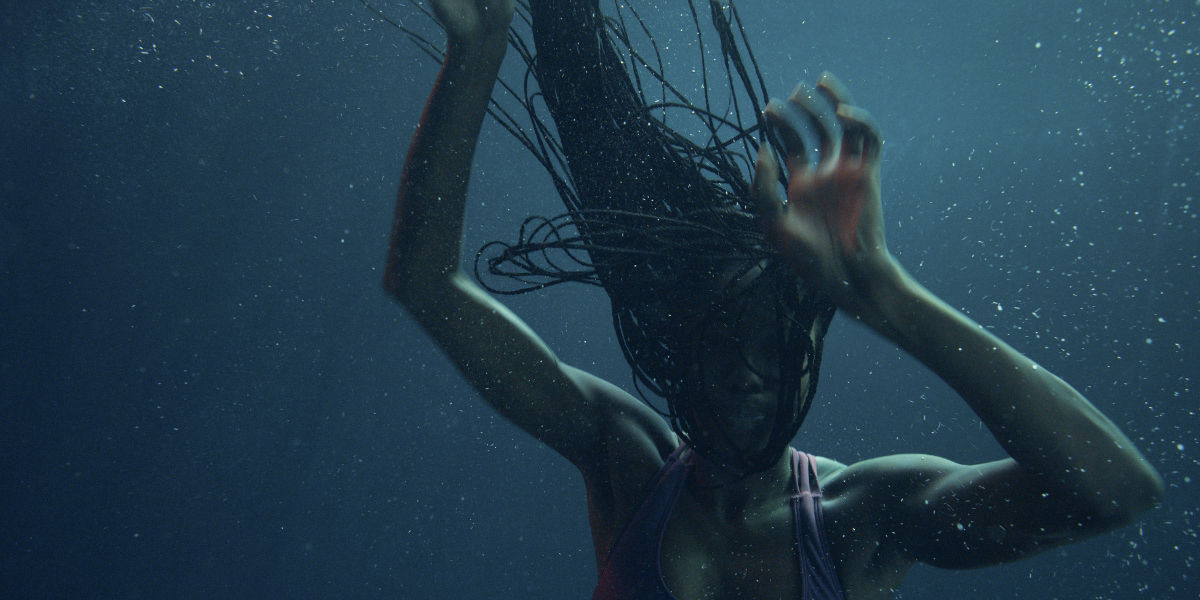
Anna Diop: Something I pondered a lot was the idea of restraint when it comes to Aisha and how she wields that out of necessity, out of survival. What I mean by that is, she can’t always speak to what’s going on. For one, she doesn’t have any people to speak to until she meets Malik and he’s so supportive and loving and healing for her.
The internal struggles that she’s constantly battling and the ways that she chooses to deal with that, to communicate that is often in a silent way. But she’s saying a lot, and how it has shaped how she moves and how she responds to things.
Just the idea of restraint and silence as a mechanism of survival was something that struck me with Aisha when I first read the script. So many domestic workers and women that are in the background of these people’s lives are navigating and moving in that way, too. That really struck me.
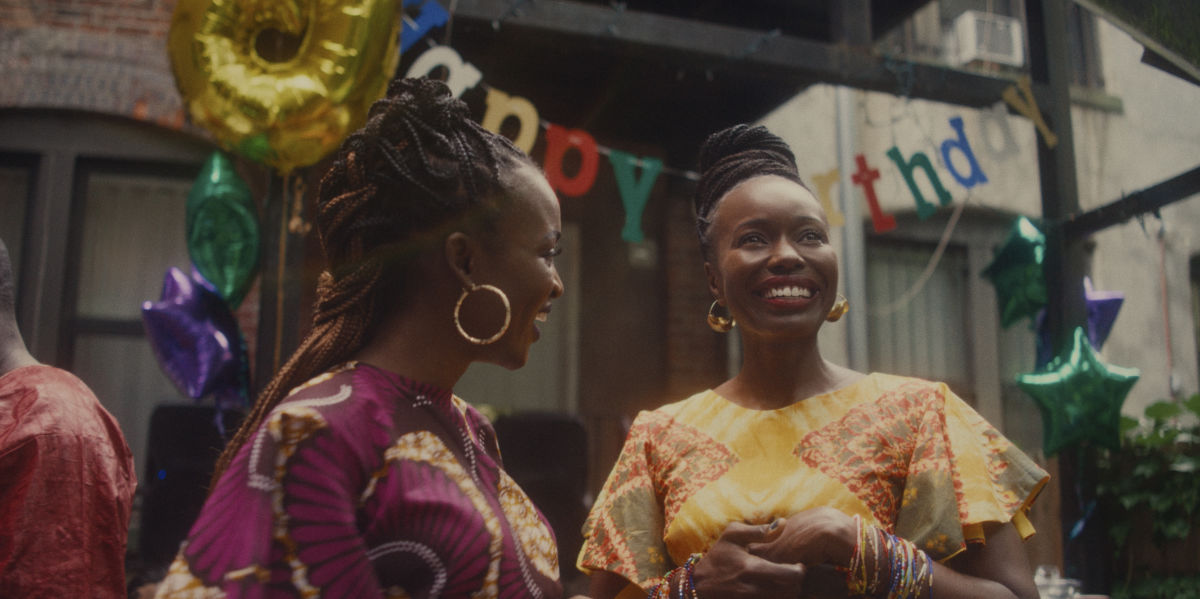
Sinqua Walls: The thing I’m the proudest of and really also grateful for is Nikyatu’s intention of showing a strong black man on camera. Strong because he embraced his flaws early, and he’s in an active pursuit of elevating himself.
That was consistent, I think that’s the way that he can be there for his son, be there for his grandmother, and have an understanding of how to be there and support Aisha. Just for us culturally, a lot of times we want to see more males step up and support their women.
I love that she created a character that has a duality to have strength that’s sometimes nonverbal, but also was present. That’s something that she talked about to me from the beginning, and I’m grateful that it’s resonating on the screen.
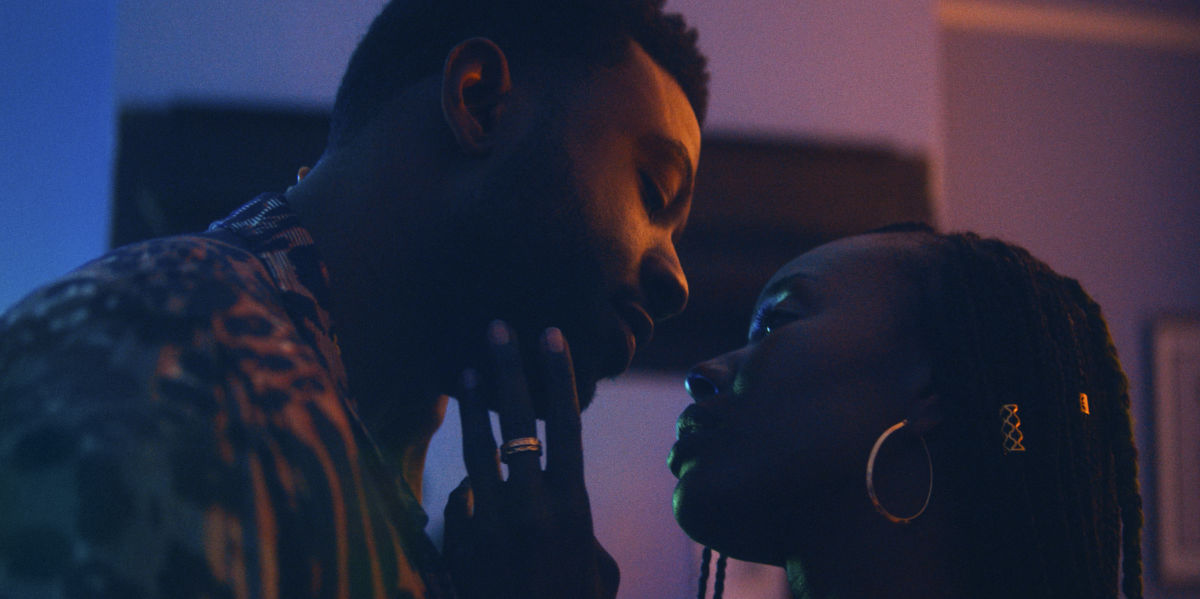
There’s a certain degree of suspense around your character at the beginning, in that Aisha has had this bad experience with the father of her child and thus there’s a bit of uncertainty about what Malik’s intentions might be. Was that something you leaned into a little bit in those early scenes?
Sinqua Walls: Absolutely. There’s always a difference between a director and a filmmaker, and I’ve had a great opportunity to consistently work throughout my career, and now reaching a stride where I’m elevating in the work and the content that I’m a part of. You can always tell the difference between a filmmaker and a director.
A filmmaker is going to give you the tools to understand all aspects of the story, and give you very specific pertinent notes. That’s what trust is. When you’re working with a filmmaker like Nikyatu, I didn’t have to try to dissect what the moment was. I could have a thought, and then I could confer with my filmmaker and say, “Is this in line?”
Then it would be like, “Yes, let’s push this.” But each note to modulate was so specific that it was really just listening, reacting and waiting for those adjustments that happened organically. That was a blessing. I just leaned into what was already being given to me.
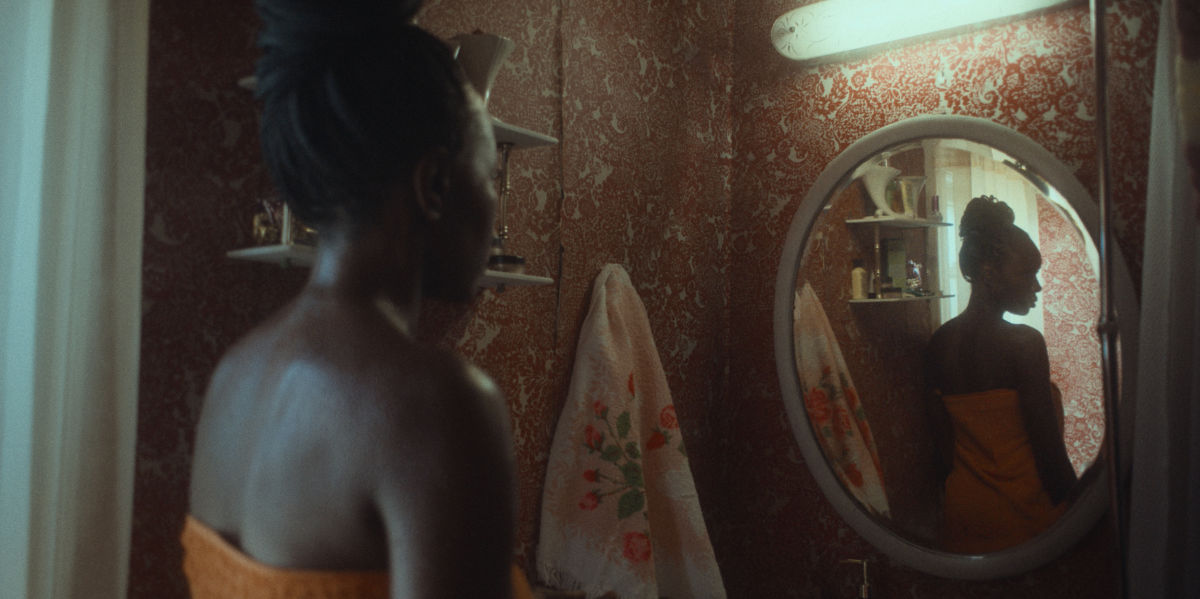
For Michelle, in what ways did Nikyatu push you or pull you back with all your character’s little microaggressions towards Aisha?
Michelle Monaghan: That was something we really delved into in rehearsal. That was one of the reasons that compelled me to tackle this role, to really lean into the discomfort of this woman. It made me uncomfortable, which made me want to do this. We leaned in and had vulnerable, honest conversations.
We had a rehearsal period, and just as Sinqua said, it’s all in the subtext. Nikyatu created the space for these moments and we just calibrated to what felt right felt honest. Microaggressions are microaggressions, they are subtle. Those microaggressions were meant to persistently and inevitably whittle away at Aisha’s humanity, and that’s really what causes her to go haywire, right?
All the things that she has to endure as a marginalized woman. Those are things that are put upon her, and so those are the things that we were able to tackle in the room in a really vulnerable way.
Anna, you come from Senegalese background. How much did you draw upon that versus how much was already on the page for you?
Anna Diop: So much was on the page. All the actors know this and we’ve expressed this, but what Nikyatu put on that page is what grabbed everyone. Even before Nanny was greenlit, throughout the industry it was like, “Have you read this script?”
It was already so rich and so full when I read it, so it was a resounding “yes” for me because I’ve never had the opportunity to play someone that specifically from where I’m from, and that is so parallel to my life in so many ways.
It’s like a miracle, a godsend. How much did I bring to it? I just brought myself. Everything that’s been in me from the inception of me. I’m 100%. Senegalese. My ancestral heritage is, like, stubbornly Senegalese. Without ever wanting or trying, it’s just who I am, so I just leaned into who I am.
